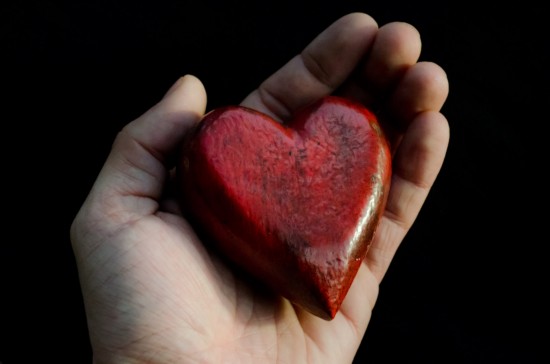A God of Relationships
About sixty years ago, the famous theologian, Karl Rahner, remarked that if the doctrine of the Blessed Trinity was removed, it would make virtually no difference to the majority of Christians. However, things have changed somewhat since then. The Charismatic Renewal awakened awareness of the Holy Spirit in our lives. The liturgical renewal and the Second Vatican Council advanced our understanding of the Mass. When I was growing up, we understood it as the living memory of the sacrificial death of Jesus without any connection with his resurrection. I remember priests who had huge difficulties in this change. We were introduced to the Paschal Mystery, the passing or journey of Jesus. His journey was a triangle: coming down to us in human life, living among us even unto death, but then rising and ascending to the Father.
The Blessed Trinity and Mass
One cannot understand the Mass without an awareness of the Blessed Trinity.
How can we, puny mortals, reach up to God? The doxology at the end of the Eucharistic Prayer tells us how. In everyday conversation we use many small words, known as prepositions, which express the position or relationship of one thing or person to another. Take note of these prepositions. We rise up in glorifying the Father, through Jesus (mediator), with him (our human brother) and in him (as members of his community), all united in the power of love that is the Holy Spirit.
All creation bears the mark of the Trinity
Belief in God as the Blessed Trinity is not confined to the sanctuary but sheds light on the entire universe. In preparation for the assembly in Paris on climate change, Pope Francis wrote an Encyclical Letter, Laudato Si’, a title from the opening words of the song of St. Francis celebrating the unity of all creation as brothers and sisters. Science has developed specialization in specified fields of research. Specialization needs a bigger vision offering inter-connectedness. Pope Francis drew attention to the inter-connectedness of the Blessed Trinity. “For Christians, believing in one God who is trinitarian communion suggests that the Trinity has left its mark on all creation” (Laudato Si’, 239). Nine hundred years ago, an extraordinary Benedictine nun in Germany, Hildegard of Bingen, wrote that God arranged everything in this world in consideration of everything else. This is the mark of the Trinity on all creation.
The development of Quantum Physics has increased an awareness among scientists that no single unit in the universe exists on its own but is part of the whole. Even the word universe derives from the oneness amid all diversity. A growing number of scientists who previously dismissed any idea of God are now intrigued by the notion of God as an inter-related Trinity of Persons. It makes sense to them.
Science needs moral guidelines
Theology establishes a foundation for moral principles. Science will always need moral guidelines. The advances in globalization and instant communication ought to develop the inter-connectedness between all nations and all people, but without moral values, the global problems are getting worse. The gap between rich and poor is ever widening. One per-cent of the population own fifty per-cent of the wealth. This cannot be morally correct. Self-interest, as an individual or as a nation, is a contradiction of our inter-connectedness. The Russian invasion of the Ukraine involves not just two nations but every country in the world is paying the price of war, as the cost of living is spiralling rapidly. We do not live in isolation but we are brothers and sisters.
A global community
The Covid-19 pandemic affected everybody. Yet, even the worst situation can be the source of some goodness. One good result has been an increased realization that each one of us depends on others and we owe respect and protection to every other person. Hildegard of Bingen wrote that we are to be living sparks of God’s love like the daylight that comes from the sun. Recalling the words of Pope Francis: “The human person grows more, matures more, and is sanctified more to the extent that he or she enters into relationships with God, with others and with all creatures. In this way they make their own that Trinitarian dynamism which God imprinted in them when they were created. Everything is interconnected, and this invites us to develop a spirituality of that global solidarity which flows from the mystery of the Trinity” (Laudato Si’ 240). We are created in the image and likeness of God, each one connected with others in knowing and loving. Recalling the words of Pope Francis, the Trinity has left its mark on all creation … and especially on human life.
Some prayerful reflections
Let us reflect now on the Blessed Trinity in a more prayerful way, guided by some holy people of the past. Saint Paul began his letters with a blessing such as, “The grace of Our Lord Jesus Christ, and the love of God, and the communion of the Holy Spirit be with you all.” The First Letter of John described how love begins in God the Father, is shown to us in the human life of God the Son, and is planted in us by the Holy Spirit.
The mystical Julian of Norwich was absorbed in God as my Maker, my Upholder and my Lover.


